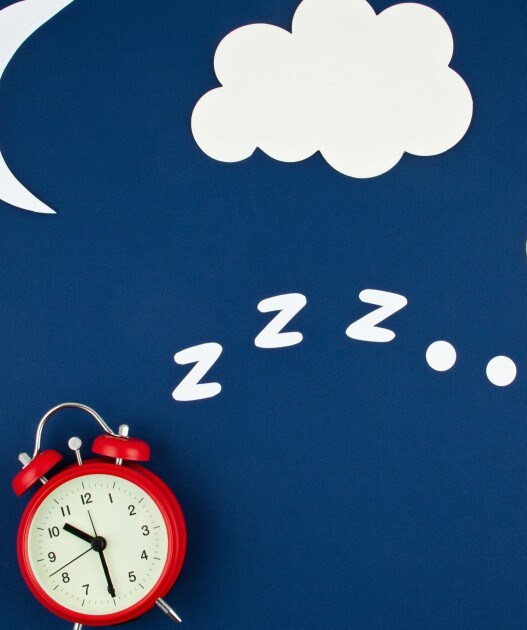
Even a healthy brain slows down as you get older. But there is a way to keep the thinker in the shape of a tiptop.
Osakawayne Studios/Getty Images
Hide the caption
Caption toggle
Osakawayne Studios/Getty Images
After about 40 years of age, our brain begins to lose one or two steps.
Every year, our reaction time is slowing thousands of seconds. We can’t remember the items from the shopping list.
This change can be a sign of a disease like Alzheimer’s. But in general, they are not.
“These two, memory and processing speeds change with the age of normal people,” he says. Matt huentelmanProfessor TGEN’s The Translational Genomics Research Institute in Phoenix.

Huentelman should know. He helps running MindcrowdA free online test by more than 700,000 adults.
About a thousand of them received a test score indicating that their brain was “exceptional”, which indicates that it was a 30 -year -old younger man in memory and processing speed tests.
Of course, genetics played a role. But Huentelman and the research team are focusing on different differences.

“We want to study because these outstanding performers think that we can tell us what we need to do,” he says.
The initial results suggest that sleep and cardiovascular health is a good start. different action Avoid smoking and include alcohol restrictions and many exercises.
Huentelman is one of dozens of researchers he met in Miami this summer and discussed healthy brain aging. This event was hosted by the following Mcknight brain research foundationFunds for research on age -related cognitive reduction and memory loss.
Later, in order to preserve cognitive function, “we need to understand the (brain) aging at a mechanical level.” Alice Ruo ClaytonNeuroscientist, the chief executive of the group.

It was another speaker Christian AgroEvelyn f.
Agudelo said, “I think that the value of sleep and lack of sleep has become true for me when I had a child.
The children are now four and six years old, so Agudelo is sleeping more. But his experience is consistent with his experience. research The relationship between sleep and cognitive decline.

Agudelo said, “The better the sleep, the better the brain health is structurally and functionally.
Keep in mind: Better sleep is not to sleep more.
The key is to take high quality sleep. This is all the brain Sleeping stageAgudelo says.
Researchers can monitor EEG patterns to measure how well people are sleeping. But people usually know when they have a good night break, Agudelo says.
“I sleep and think that the experience is worth it,” he says. “You feel refreshed.”
It is tricky to ensure high quality sleep. But people can improve probability with certain actions, Agudelo says.
“Wake up every day to keep sleep rhythm to the rhythm of the sun can lead to better sleep, he said.” You can be active socially and physically. “
This behavior increases “sleep pressure”. If the pressure is high, “We are easier and deeper.”
Brain aging is also affected by vascular risk factors such as blood pressure, cholesterol levels and diabetes. Charles decarliA neurologist who co -order the Alzheimer’s disease research center at the University of California.
People know that these risk factors generally contribute to medical conditions such as heart attacks or strokes. but research Thousands of people aged 65 and over have found that even if they do not cause heart attack or other cardiovascular problems, these risk factors can directly affect the brain.
“The size of the brain, the shape of the brain, and the tissue integrity of the brain look longer than those who do not have these risk factors.”
Therefore, Decarli and the research team are studying whether the brain can be protected by actively treating the conditions that affect the circulatory system.
“The problem is that if you have this disease and they are well controlled, do you have a young brain?” He says. “And the answer is right.”






































